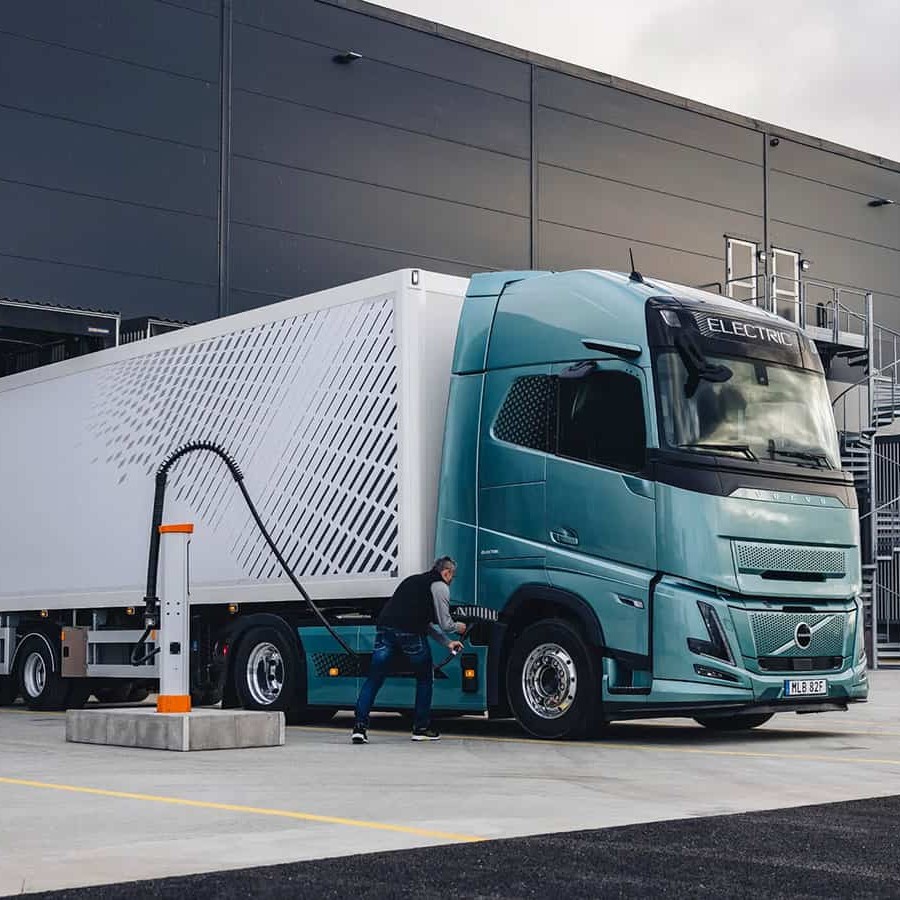Published:

Shifts to prioritize environmental sustainability are shaking up the automotive industry. Gasoline-powered cars have dominated the world’s automotive transportation market for over a century. However, the negative repercussions that directly result from gasoline-powered vehicles are unignorable.
Carbon dioxide emissions from the global transportation sector have from the 1970s to now. In 2023, the annual emissions surpassed metric tons. As of 2022, over people worldwide are exposed daily to air pollution risks ranging from high to hazardous.
As the severity of this situation has become more apparent, there has been an increased push for electric vehicles. While small-scale electric engines have been around for a while, automotive companies didn’t begin to adopt them until the with the introduction of the Toyota Rav4 EV, the Honda EV Plus, the , the Chevrolet S-10 EV, and Ford Ranger EV pickups. Part of the drive behind this was an effort to with California’s emissions requirements. However, most consumers weren’t inclined to shift their vehicle type due to high prices and short-range driving capacities. Following this, vehicles became increasingly popular, specifically after the release of the Toyota Prius. Then, electric vehicle use began to again with the introduction of the Nissan Leaf, Chevy Volt, and various Tesla models. There has been a gradual increase in electric vehicle adoption since. As of 2023, there are 40 million electric vehicles in operation worldwide.
While of global car sales come from electric vehicles, some regions have shifted more than others. For example, of car sales in Noway and in China were from electric vehicle purchases. The United States is one of the slowest regions in adoption, with only of sales coming from electric vehicles.
Many big players in the auto industry are losing their customer base to Chinese competitors. Chinese automakers hold a edge, specifically in software advances and features like automated driving. Chinese companies are offering affordable, electric to German luxury cars. For example, the Xiaomi SU7 offers premium features similar to the Porsche Taycan but retails for half the price. While Porsche’s sales were up in the majority of regions, its decrease in Chinese sales led to a deficit in its global deliveries for the year. In response, Porsche announced the of its chief financial officer and top sales executive. President Trump's increase in tariffs may also threaten Porsche, as it explicitly supplies its US market with German exports.
This shift to electric vehicles isn’t just occurring on the commercial vehicle level. In recent years, there has also been an increase in electric trucks within the logistics industry. Most recently, Northumberland County trucking company, part of Patton Warehousing and Logistics, added electric semi trucks to its fleet. The trucks have a capacity of miles per driving session and can reach full charge within three hours. This addition to the fleet was made possible through the “Driving PA Forward” grant, funded by the Department of Environmental Protection (DEP). Additionally, Windsor Technology, a Chinese electric truck company, aims to enter the United States market this year and sell trucks for around, a substantially lower price point than the majority of established manufacturers, which could also support the effort to shift to sustainable vehicles in the logistics industry.
The recent strives in the electric vehicle space are monumental. However, the longevity of success in the transportation industry is still uncertain. Specifically, there is a lack of customer loyalty within the commercial vehicle realm. of global electric vehicle owners stated they would likely return to a car with an internal combustion engine. The pushing a lack of interest in electric vehicles include a lack of charging infrastructure, the high cost of ownership, and the complexity of long-distance travel.
The automotive industry is at a crossroads, with the push for electric vehicles reshaping markets, challenging established players, and offering a path toward environmental sustainability. While progress is undeniable, the industry must address infrastructure gaps, affordability, and consumer concerns to ensure this shift has a lasting impact on the planet and global markets.
File under